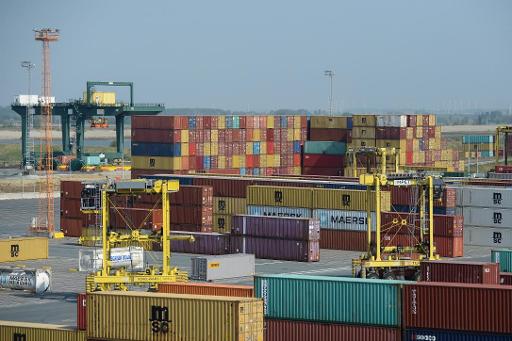Belgium’s Gross Domestic Product (GDP) in volume saw the worst decline since the end of World War II in 2020, the National Accounts Institute said on Monday.
The number fell by 6.3% in 2020 compared to the year before, due to the coronavirus crisis.
The decline is “more than three times greater than that observed during the Great Recession (-2%) of 2009," the institute added.
The fourth quarter also ended on a slightly negative growth (-0.1%) compared to the third quarter.
Over the whole year 2020, the branch of "trade, repair of cars and motorbikes, transport and storage, accommodation and catering" fell by 13.2%. It "has suffered terribly from the government measures adopted following the crisis of Covid-19,” according to the institute.
However, the most severe decline was observed in the "arts, entertainment and recreation and other service activities" sector, where added value fell by 19.8%.
Related News
- Eurozone GDP fell by a historic 6.8% in 2020
- World public debt reaches historic heights, IMF announces
Industry showed a decline of 4.2% in 2020, following positive growth of 2.2% in 2019. Construction also declined by 4.2% for the year as a whole, compared with an increase of 4.2% in 2019.
Household consumption expenditure fell sharply, by 8.7%, as did investment expenditure (-8.1%). Public investment fell by 4.6%. Business investment was also strongly affected by the Covid-19 crisis and the resulting uncertainty and fell by 8.2%.
The NAI also noted a more "stable employment trend compared to the very volatile trend in economic activity, mainly due to government support measures". Domestic employment fell by an average of 2,500 people in 2020 (-0.1%), while in 2019 it had increased by 75,600 people (+1.6%).
"This decline in domestic employment is mainly due to the contraction in the number of employees (-16,500 persons), which was partially offset by the increase in the number of self-employed (+14,000 persons).”
The Brussels Times

